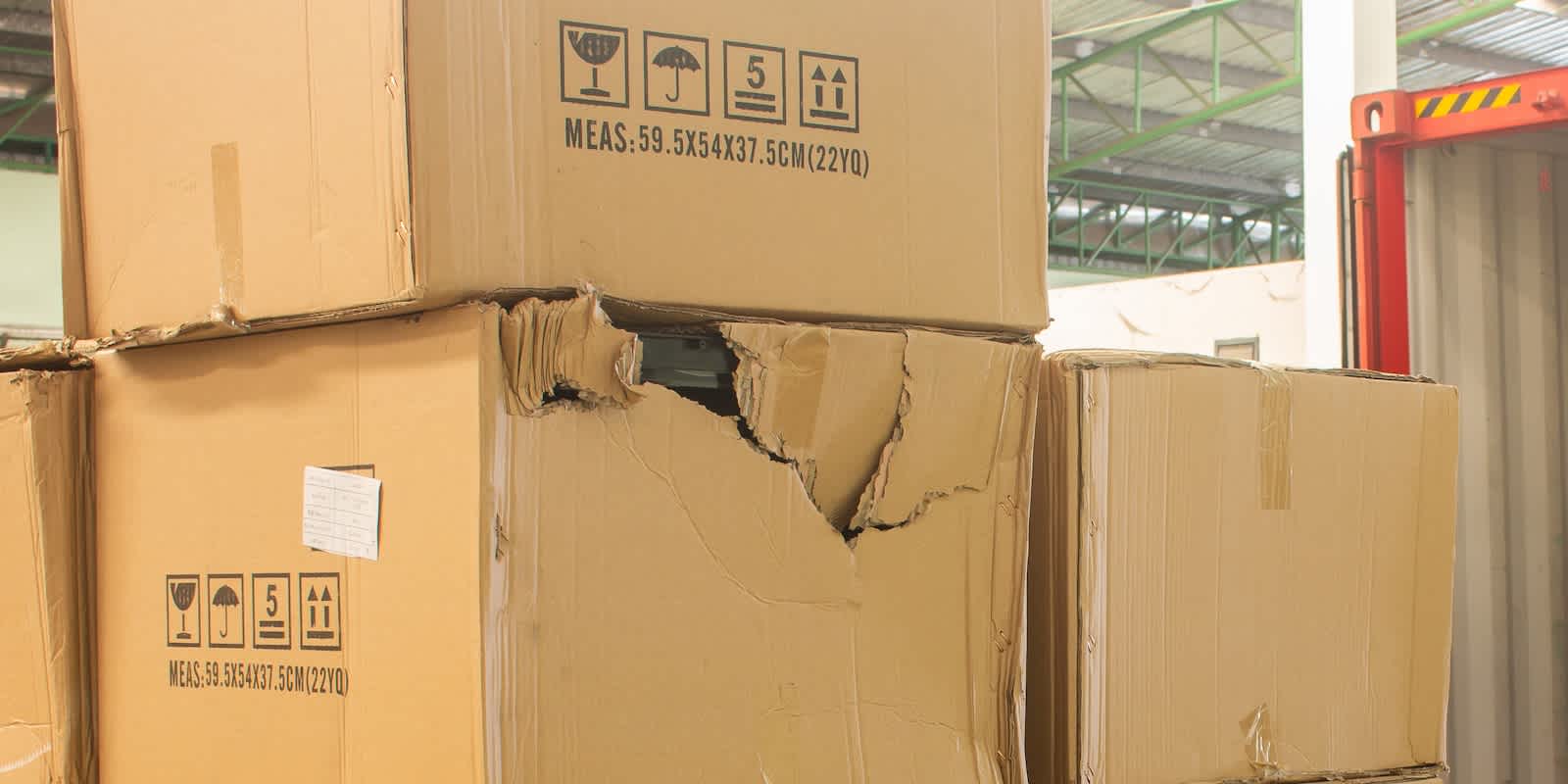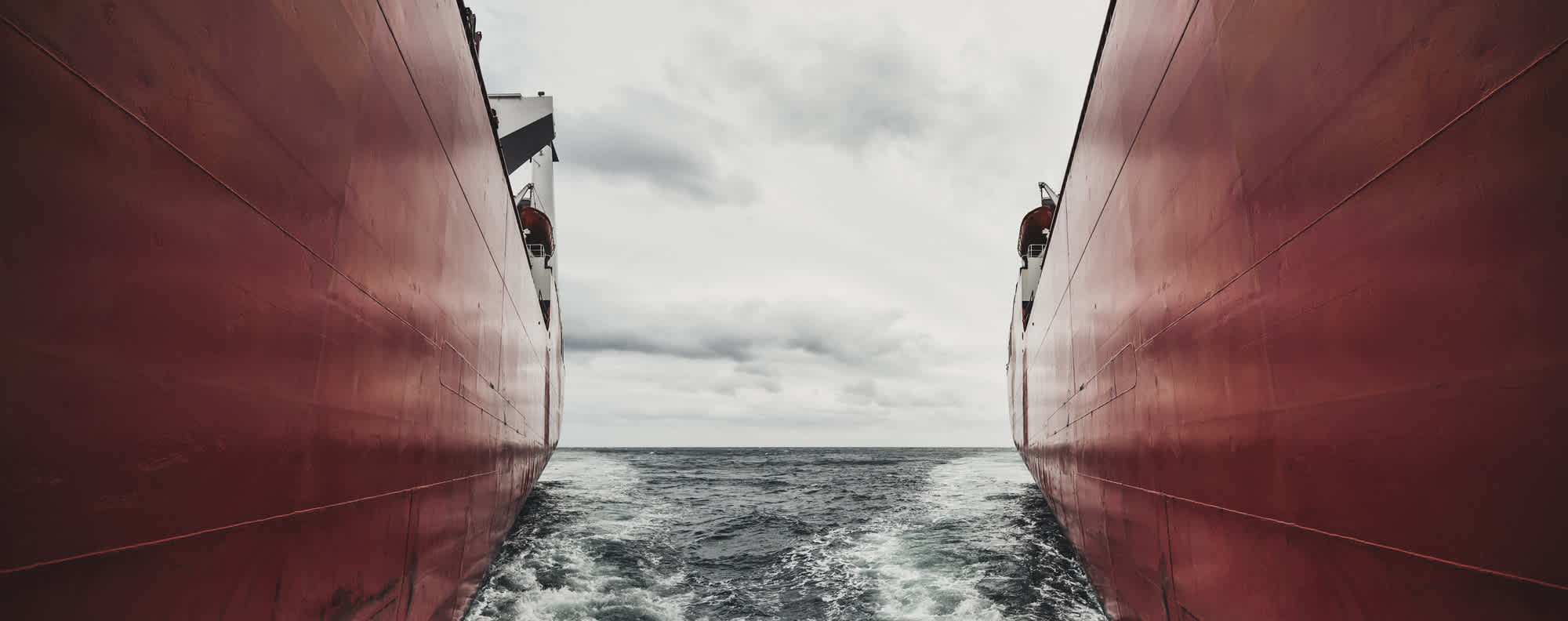
November 21, 2023
How Do Ocean Cargo Claims Processes Work?
How Do Ocean Cargo Claims Processes Work?
The cargo insurance claims process is how insureds seek financial compensation for covered losses or damages to their cargo during transit. This process involves submitting a claim to the insurance company that includes supporting documentation and evidence of the extent of the cargo damage and the insured losses caused by the damage.
There are several steps involved in the ocean insurance claim process:
- File pre-claim notifications: Most insurance policies require that an insured act to protect its rights against the persons responsible for the insured loss. For cargo damage, this involves informing all carriers (ocean, air, etc.) of a potential claim against that carrier. This should be done as soon as the insured has notice of cargo loss or damage. Failure to do this may bar the insured or its insurance company from pursuing the carrier for the damage. If you work with a freight forwarder, make sure that it is sending these notices on your behalf.
- Submit a claim form to the insurance company: Most insurance companies will require the insured to submit a formal claim form to initiate the claims process. The claim form will typically ask for detailed information about the value of the cargo, the extent of the loss or damage, the carriers involved in the transportation, and specific shipment details. The insured should read the claim form carefully and include as much information as possible to support its claim.
- Provide supporting documentation: The insurance company will typically require the insured to provide supporting documentation. This may include bills of lading, invoices, receipts, inspection reports, repair estimates, and other documents that provide evidence of the loss or damage.
- Assess the claim: The insurance company will review the claim form and supporting documentation to determine whether the loss is covered under the policy. If the insurer determines that the loss is covered by the policy, then it will consider the extent of the cargo damage and any relevant policy language to determine how much it’s obligated to pay for the cargo loss.
- Negotiating the settlement: If the insured disagrees with the insurance company's valuation of the claim, then the insured has the right to dispute the decision. This typically involves submitting additional information or evidence to support the claim or requesting a review by a higher authority within the insurance company.
Navigating the cargo insurance claims process can be a challenging journey. Understanding your rights and responsibilities is crucial. At Flexport Insurance Solutions, we're committed to making this process as smooth as possible. Here are a few ways Flexport helps remove the hassle from your claims experience:
- File pre-claims on your behalf: Flexport Insurance Solutions takes the initiative to file pre-claims on your behalf as soon as we learn of damaged or missing cargo. These pre-claims notifications preserve your right to pursue claims directly or attempt recovery in the future.
- Dedicated claims associate: As a Flexport Insurance Solutions customer, you'll have a dedicated Flexport Claims Associate assigned to your claim. Your claims associate will be your main point of contact, ensuring all necessary documentation is gathered and your claim is filed and managed effectively.
- Advocating for you: Our team of dedicated claims professionals is here to support you. We work diligently with all parties involved to advocate for you, always keeping your best interests in mind.
Ready to experience the Flexport Insurance difference? Contact us today to insure your cargo and enjoy the benefits of a hassle-free claims process. We're here to help you every step of the way.
This post is intended to provide general information about the claims process and it is not intended to be professional advice. Readers are advised to contact a licensed insurance agent with any questions about the claims process or a particular insurance claim.
Insurance is offered through Flexport Insurance Solutions, LLC ("FIS"), a licensed insurance producer (Illinois License No. 3001047128, California License No. 6001029). Insurance is not available in all countries. Check with a licensed FIS representative for availability.
For term coverage, FIS acts as an insurance broker and seeks quotes from multiple insurance carriers with A.M. Best ratings of “A” or higher who actually underwrite and issue coverage. Per shipment coverage is underwritten and issued by Navigators Insurance Company.
The contents of this blog are made available for informational purposes only and should not be relied upon for any legal, business, or financial decisions. We do not guarantee, represent, or warrant the accuracy or reliability of any of the contents of this blog because they are based on Flexport’s current beliefs, expectations, and assumptions, about which there can be no assurance due to various anticipated and unanticipated events that may occur. This blog has been prepared to the best of Flexport’s knowledge and research; however, the information presented in this blog herein may not reflect the most current regulatory or industry developments. Neither Flexport nor its advisors or affiliates shall be liable for any losses that arise in any way due to the reliance on the contents contained in this blog.
Related content
![TCI Insurance header 1600x800]()
SEPTEMBER 21, 2023
Trade Credit Insurance: Protect Your Cash Flow With Flexport Insurance Solutions’ Newest Offering








